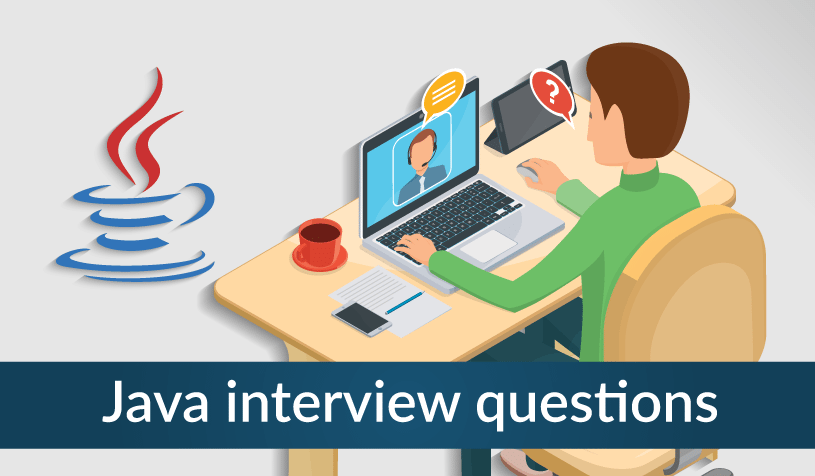Java Interview Questions

Welcome to our in-depth guide on mastering Java interviews! Whether you’re a seasoned Java developer seeking to polish your skills or a job seeker preparing for upcoming interviews, this comprehensive collection of Java interview questions will serve as your ultimate resource. In this tutorial series, we’ll cover a broad spectrum of Java topics, ranging from the fundamentals to advanced concepts that interviewers commonly assess.
Java remains a cornerstone in the world of programming, powering countless applications, websites, and systems. Employers are on the lookout for proficient Java developers who can not only demonstrate a solid understanding of the language but also showcase problem-solving abilities and familiarity with key Java frameworks and technologies.
Why Java Interviews Matter:
Before diving into the interview questions, let’s explore why mastering Java interviews is crucial for your career. Java’s versatility, portability, and widespread usage make it a sought-after skill in the software development industry. Competence in Java opens doors to a variety of job opportunities, but a successful interview is often the gateway to securing those positions.
What to Expect in this Tutorial Series:
- Core Java Fundamentals: We’ll start with a review of the fundamental concepts of Java, covering topics such as syntax, data types, control structures, and object-oriented programming (OOP). A solid grasp of these basics forms the foundation for more complex Java development.
- Advanced Java Concepts: Delve into advanced Java features such as multithreading, exception handling, generics, and lambda expressions. These are areas where interviewers often probe to gauge a candidate’s depth of knowledge and problem-solving skills.
- Java Collections and Frameworks: Explore the intricacies of Java collections framework, including ArrayList, HashMap, and other essential data structures. Additionally, we’ll cover questions related to popular Java frameworks like Spring and Hibernate.
- Database Interaction with Java: Java frequently interacts with databases, so we’ll cover questions related to JDBC, SQL, and database design principles. Understanding how to perform CRUD operations, optimize queries, and work with ORM tools is crucial.
- Web Development with Java: Dive into Java-based web development questions, covering Servlets, JSP, and frameworks like Spring MVC. This section will help you showcase your ability to create scalable and efficient web applications.
- Java Design Patterns: Understand commonly used design patterns and how they apply to Java development. Interviewers often assess a candidate’s knowledge of these patterns as they are essential for writing maintainable and scalable code.
Conclusion:
By the end of this tutorial series, you’ll be well-prepared to tackle Java interviews with confidence. Each section will provide you with a deep dive into specific aspects of Java development, allowing you to reinforce your existing knowledge and acquire new skills. Remember, success in Java interviews is not just about knowing the syntax but also demonstrating your ability to solve real-world problems and apply best practices. Let’s embark on this journey to mastering Java interviews together!
